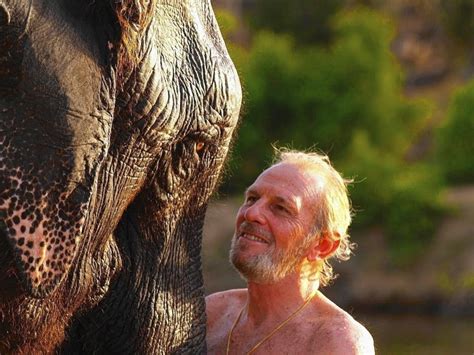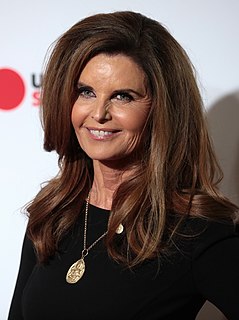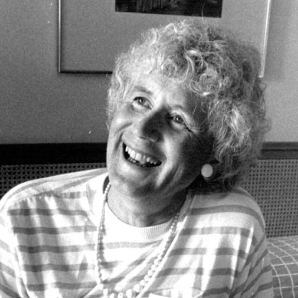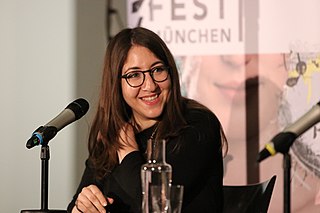A Quote by Teju Cole
In a sense, Open City is a kind of Wunderkammer, one of those little rooms assembled with bric-a-brac by Renaissance scholars. I don't mean it as a term of praise: these cabinets of curiousities contained specific sorts of objects - maps, skulls (as memento mori), works of art, stuffed animals, natural history samples, and books - and Open City actually contains many of the same sort of objects. So, I don't think it's as simple as literary inclusiveness.
Quote Topics
Actually
Animals
Art
Books
Cabinets
City
Contained
Contains
History
Inclusiveness
Kind
Literary
Little
Many
Maps
Mean
Memento
Memento Mori
Natural
Natural History
Objects
Open
Praise
Renaissance
Rooms
Same
Samples
Scholars
Sense
Simple
Skulls
Sort
Specific
Stuffed
Stuffed Animal
Term
Think
Those
Works
Works Of Art
Related Quotes
Anything that is beautiful is beautiful just as it is. Praise forms no part of its beauty, since praise makes things neither better nor worse. This applies even more to what it commonly called beautiful: natural objects, for example, or works of art. True beauty has no need of anything beyond itself.
Ancient art has a specific inner content. At one time, art possessed the same purpose that books do in our day, namely: to preserve and transmit knowledge. In olden days, people did not write books, they incorporated their knowledge into works of art. We would find a great many ideas in the works of ancient art passed down to us, if only we knew how to read them.





































